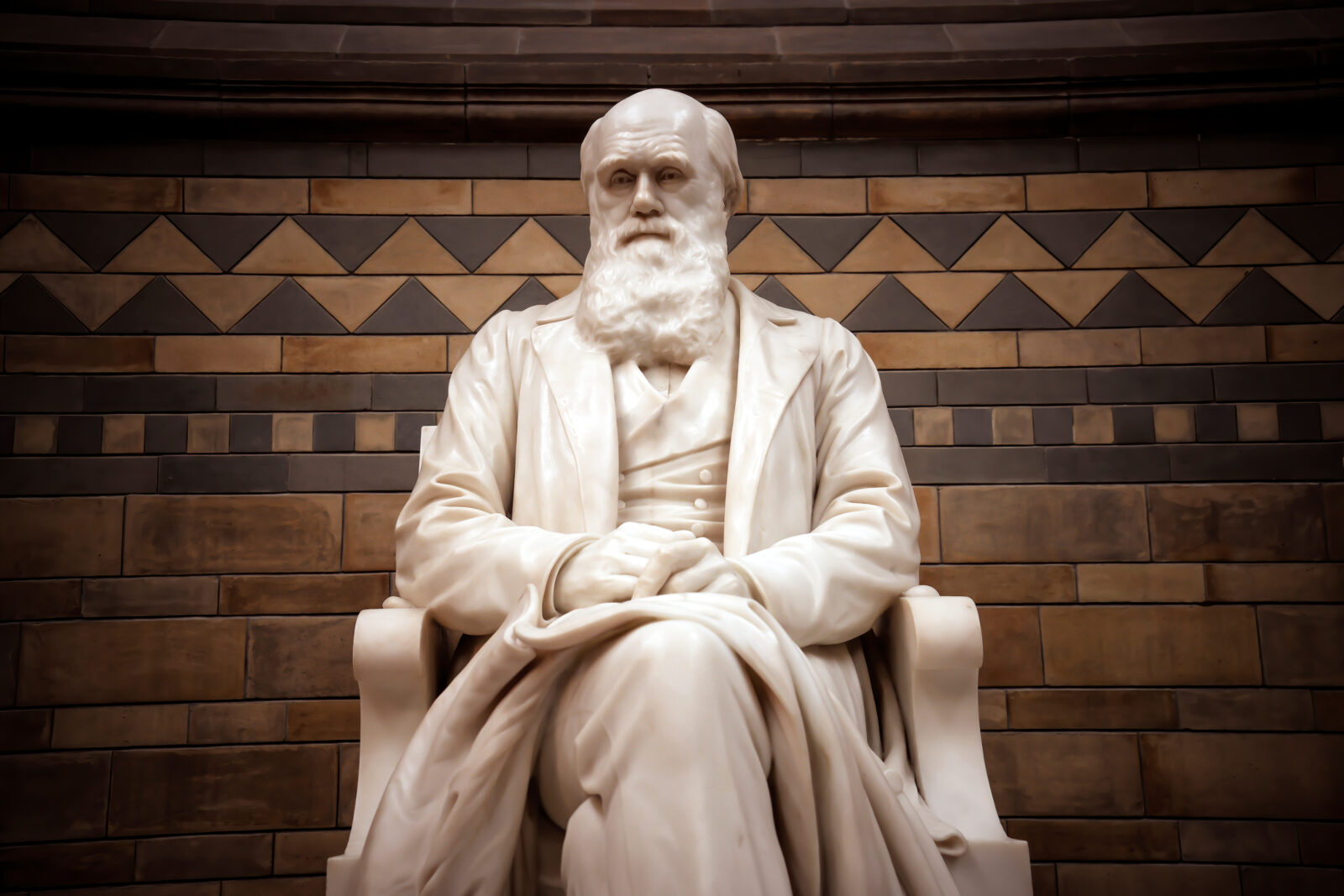


John Bloom on the Match that Lit the Scientific Revolution
On today’s ID the Future Biola University physicist John Bloom discusses his chapter in the recent anthology The Comprehensive Guide to Science and Faith, co-edited by host Casey Luskin. Bloom’s focus in his contributed chapter is the pivotal role of Christianity in the rise of science. Bloom, the academic director of Biola’s master’s program in science and religion, draws on his PhD training in physics but also on his PhD in ancient Near Eastern studies and his study of the history of science. Here he argues that while the Babylonians and Greeks contributed some discoveries and insights that would eventually play into the rise of science, science did not take off, was not born, until a cluster of crucial ideas Read More ›

Author Neil Thomas Takes Leave of Darwin, Pt. 2
On this ID the Future, Taking Leave of Darwin author Neil Thomas and host Jonathan Witt continue their conversation about Thomas’s journey from Darwinian materialism to theistic humanism and a thorough skepticism of Darwinian theory. Here Thomas links the heroic posturing of modern atheists Richard Dawkins and Bertrand Russell, on the one hand, and on the other, the heroic fatalism of poetry stretching back to the early Middle Ages and, further still, to the ancient Greeks. Thomas also draws a link between the animistic thinking of much ancient pagan thought and the magical powers attributed to the Darwinian mechanism. Thomas explains why he now views the latter as essentially “crypto-animism.” In their wide-ranging conversation, Thomas and Witt also touch on Read More ›